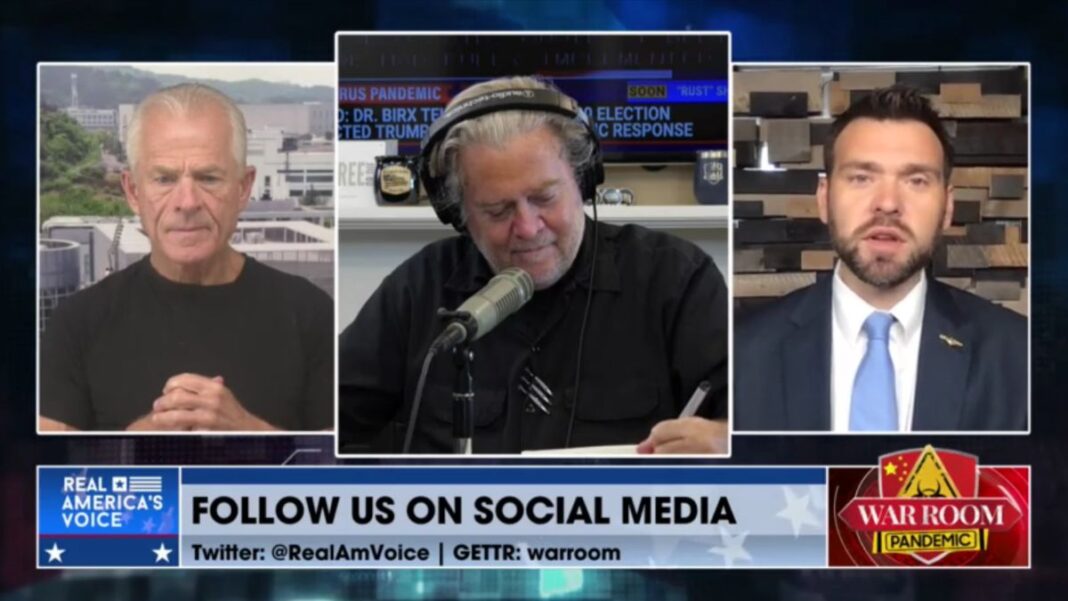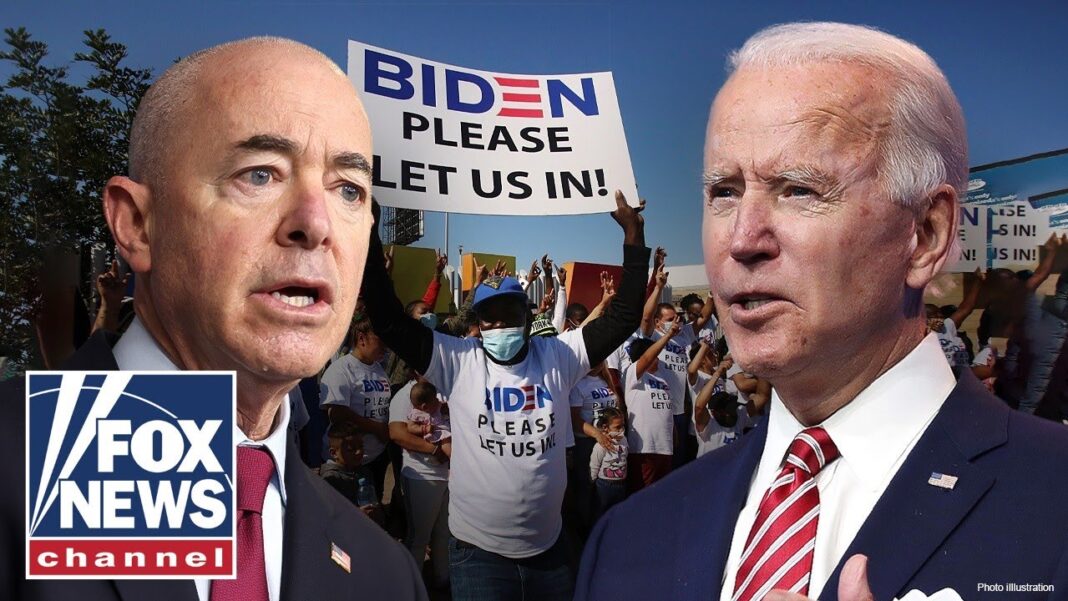This week, the Supreme Court will consider whether it will hear a request from 13 states to be allowed to defend in court a rule designed to screen out would-be immigrants unable to support themselves, a regulation that the Biden administration refuses to defend.
The public charge rule, which has been heavily litigated in federal courts, requires applicants hoping to immigrate to the United States to be able to make their own way financially.
The case is Arizona v. City and County of San Francisco, court file 20-1775. The petitioners are the states of Arizona, Alabama, Arkansas, Indiana, Kansas, Louisiana, Mississippi, Missouri, Montana, Oklahoma, South Carolina, Texas, and West Virginia.
Among the respondents are the states of California, Illinois, Massachusetts, Michigan, New Jersey, Pennsylvania, and Virginia. San Francisco and Santa Clara, California, are also respondents, along with the federal government.
The Supreme Court justices are scheduled to consider the 13 states’ petition for certiorari, or review, on Oct. 29, after failing to come to a decision three times previously at their judicial conferences in recent weeks.
Over particularly robust left-wing opposition, the Trump administration breathed new life into the rule, which had fallen into disuse. Critics say the pro-taxpayer rule is xenophobic and discriminates against poor aliens.
The public-charge principle, the idea that immigrants should have to prove they can survive without becoming wards of the government, has been part of the American experience for centuries.
Public-charge provisions have been part of U.S. immigration law since at least 1882. One of the earliest known public-charge laws in colonial Massachusetts was enacted in 1645. By the end of the 1600s, many American colonies screened would-be immigrants and required bonds for those believed likely to become public charges.
But the Biden administration, in line with Democrats’ political base, opposes the rule and rescinded it in March.
At the time, Arizona Attorney General Mark Brnovich, a Republican, spoke in favor of the rule.
“All we are trying to do is uphold common sense immigration rules that ensure that folks that come to this country can truly be self-sufficient,” Brnovich told The Hill newspaper.






